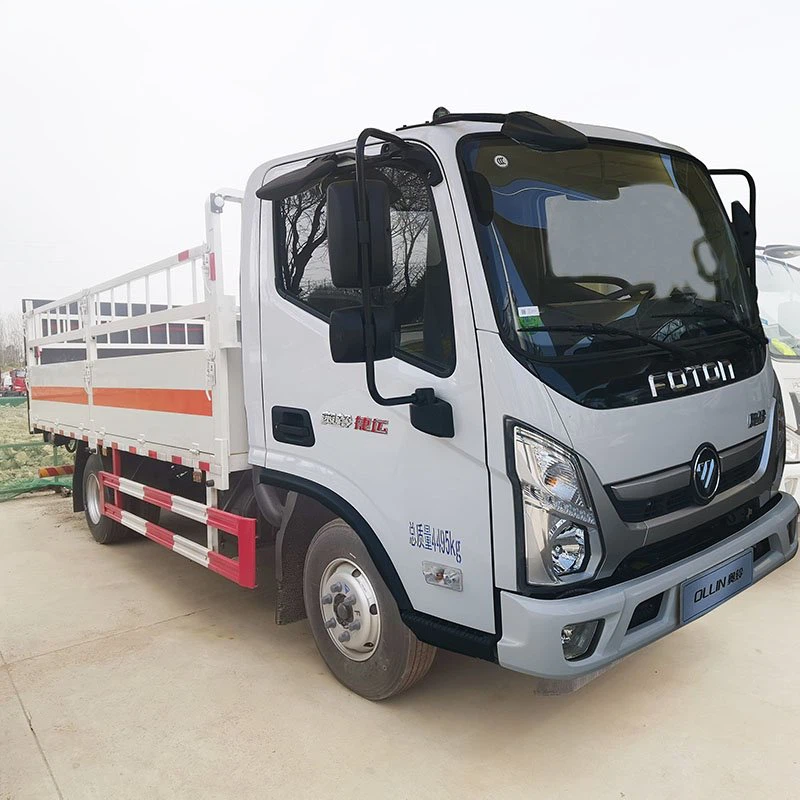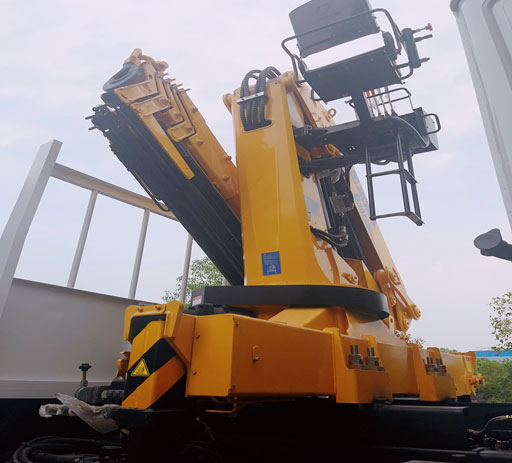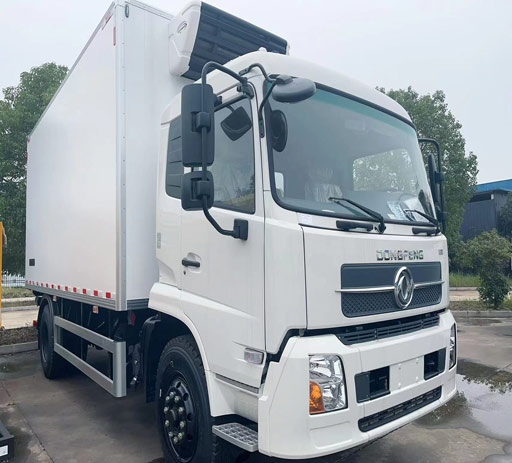How to Find the Best Roll Off Company for Sale

In the rapidly growing waste management industry, acquiring a roll-off company for sale can be a lucrative investment opportunity. If you have a knack for business and are drawn to providing essential services in your community, this article offers a comprehensive guide on how to find and assess a roll-off company that suits your business goals. With detailed insights, practical tips, and examples, you will be well-equipped to make informed decisions.
Understanding Roll-Off Companies
What is a Roll-Off Company?
A roll-off company specializes in providing temporary waste management solutions through roll-off containers. These are large, open-top containers designed for collecting and transporting debris and waste from construction sites, home renovations, and other projects. Roll-off companies often cater to residential, commercial, and industrial clients.
Why Invest in a Roll-Off Company?
- Growing Demand: With the increase in construction and renovation projects, the demand for efficient waste disposal is higher than ever.
- Profit Potential: Roll-off companies often enjoy significant profit margins, making them an attractive investment.
- Community Service: Providing waste management services helps keep communities clean and organized.

Identifying Opportunities: Where to Find Roll-Off Companies for Sale
Business Brokers
Business brokers specialize in connecting buyers and sellers of businesses. They can provide a list of roll-off companies available in your area and assist in the valuation and negotiation process.
Online Marketplaces

Websites like BizBuySell and BusinessesForSale.com feature listings of businesses, including roll-off companies, for sale. You can filter results based on location and price range.
Industry Trade Shows
Attending waste management and construction industry trade shows can help you network with potential sellers. You can meet owners looking to retire or downsize and explore investment opportunities.
Evaluating a Roll-Off Company for Sale
Financial Performance
Before purchasing a roll-off company, carefully review its financial statements. Key metrics to consider include gross revenue, net income, and profit margins. Ensure there is a consistent growth pattern over the past few years.
Assets and Equipment
| Asset Type | Description |
|---|---|
| Roll-Off Containers | Check the condition, size, and types of containers available. |
| Trucks | Evaluate the fleet’s condition, age, and fuel efficiency. |
| Office Equipment | Assess computers, phone systems, and other administrative resources. |
Customer Base
Review the customer base of the company. A loyal and diverse clientele can indicate stability and potential for growth. Contact a few clients to gauge their satisfaction with the service.
Market Position
Understanding the company’s position in the local market is crucial. Research competitors to find out how the roll-off company differentiates itself and the unique value it offers to clients.
Due Diligence: What to Investigate Before Purchase
Legal Compliance
Ensure the company complies with all local regulations regarding waste disposal, environmental standards, and safety protocols. Failure to comply can lead to costly fines and liabilities.
Insurance Coverage
Verify the company has adequate insurance coverage, including liability and worker’s compensation. This protects you from unforeseen incidents that may arise during operations.
Employee Contracts and Relationships
Understand the company’s workforce dynamics, including employee contracts, retention rates, and employee satisfaction. A motivated team can contribute significantly to the company’s success.
Financing Your Roll-Off Company Purchase
Traditional Bank Loans
Most buyers opt for traditional bank loans to finance their purchases. Present a solid business plan, including projected revenue and costs, to strengthen your loan application.
Small Business Administration (SBA) Loans
SBA loans are an excellent option for those who qualify. They often offer lower interest rates and longer repayment terms than conventional loans.
Seller Financing
In some cases, the seller may be willing to provide financing. This arrangement can ease the initial financial burden and facilitate a smoother transition.
Operational Considerations After Acquisition
Streamlining Operations
Once you’ve acquired the company, identify areas to improve efficiency. Implement new technologies for scheduling and dispatching can lead to significant cost savings.
Marketing Strategies
Enhance the company’s visibility through effective marketing strategies. Create an online presence via a professional website and utilize social media and local advertising to attract new clients.
Practical Example:
A roll-off company may increase its customer base by targeting contractors directly through email marketing and offering promotional rates for first-time clients.
Common Challenges and Solutions
Managing Costs
Monitoring operational costs is essential for maintaining profitability. Regularly review expenses and look for ways to cut unnecessary costs, such as optimizing routes to reduce fuel expenses.
Customer Retention
Building strong relationships with clients can help ensure repeat business. Consider implementing a loyalty program or offering discounts to long-term customers to encourage loyalty.
Growth Opportunities for Your Roll-Off Company
Expanding Service Offerings
Consider diversifying your services beyond roll-off rentals, such as debris removal, recycling services, or hazardous waste management. This allows you to cater to a broader customer base.
Targeting New Markets
Identify new markets where demand for roll-off services may be rising, such as urban areas experiencing growth or regions with active construction projects.
FAQ Section
What is the average price range for a roll-off company for sale?

The price can vary significantly based on the company’s size, revenue, and assets. Generally, small roll-off companies may range from $100,000 to $500,000 or more.
What licenses are required to operate a roll-off company?
Licensing requirements vary by state and locality. Typically, you will need business licenses, waste management permits, and possibly environmental permits.
How can I determine the fair market value of a roll-off company?
Consider hiring a business appraiser who specializes in the waste management sector. They can assess financial performance, assets, and market conditions to provide a fair valuation.
What are common financing options for purchasing a roll-off company?
Common options include traditional bank loans, SBA loans, seller financing, and personal savings or investments.
How can I improve profit margins after acquiring a roll-off company?
Focus on operational efficiency, control expenses, expand service offerings, and enhance marketing strategies to attract new clients.
What challenges should I expect when acquiring a roll-off company?
Some common challenges include legal compliance, managing operational costs, and retaining customers during the transition. It’s vital to conduct thorough due diligence and have a solid business plan in place.
